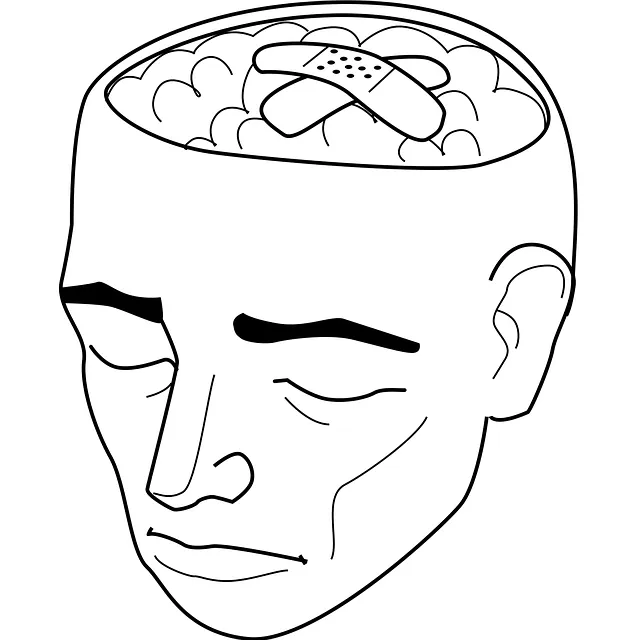Aurora Kaiser Permanente uses comprehensive risk assessment tools, like their psychiatry reviews, to identify high-risk individuals for substance abuse. By evaluating personal history, family dynamics, and mental illness, healthcare providers proactively implement tailored strategies to reduce stigma and promote positive thinking. This holistic approach, powered by thorough risk assessments, enhances communication, fosters open dialogue, and offers targeted support, ultimately reducing substance abuse potential and improving outcomes for vulnerable populations.
In today’s digital age, substance abuse remains a prevalent challenge, underscoring the urgent need for effective risk reduction strategies. The article explores comprehensive approaches to mitigate this growing concern, focusing on identifying high-risk individuals through advanced risk assessment tools and early intervention techniques. We delve into evidence-based prevention programs targeting schools, communities, and families, while also highlighting treatment options like medication-assisted treatment (MAT) and relapse prevention plans, drawing insights from Aurora Kaiser Permanente psychiatry reviews.
- Identifying High-Risk Individuals and Early Intervention
- – Risk assessment tools and techniques
- – Recognizing warning signs of substance abuse
Identifying High-Risk Individuals and Early Intervention

Identifying high-risk individuals is a crucial step in substance abuse prevention, and early intervention plays a pivotal role in this process. Mental health professionals at Aurora Kaiser Permanente, through comprehensive risk assessment tools, can pinpoint those most susceptible to developing substance use disorders. This proactive approach involves evaluating various factors, including personal history, family dynamics, and mental illness presence, as highlighted in the Risk Assessment for Mental Health Professionals.
By recognizing high-risk individuals early on, healthcare providers can implement tailored strategies to foster positive thinking and reduce the stigma surrounding mental illness. Such interventions can significantly alter an individual’s trajectory, preventing substance abuse from taking root or escalating. This proactive measure aligns with broader mental illness stigma reduction efforts, aiming to create a supportive environment where people are encouraged to seek help without fear of judgment.
– Risk assessment tools and techniques

Risk assessment is a crucial step in developing effective strategies to reduce substance abuse. Tools such as Aurora Kaiser Permanente’s psychiatry reviews play a pivotal role in identifying individuals at high risk and providing early intervention. These comprehensive evaluations consider various factors, including personal history, mental health status, and exposure to trauma, offering valuable insights for tailored prevention plans.
By integrating Trauma Support Services and enhancing Healthcare Provider Cultural Competency Training, the assessment process becomes more nuanced. Communication Strategies become vital, ensuring that individuals from diverse backgrounds feel comfortable discussing their struggles openly. This holistic approach, grounded in thorough risk assessments, enables healthcare professionals to offer targeted support and resources, ultimately reducing the likelihood of substance abuse and promoting better outcomes for at-risk populations.
– Recognizing warning signs of substance abuse

Recognizing the warning signs of substance abuse is a crucial step in preventing and addressing this issue. At Aurora Kaiser Permanente, psychiatry reviews often highlight the importance of early detection. Be vigilant for changes in behavior, such as increased secrecy, irritability, or a sudden drop in academic or work performance. These could indicate a struggle with substance use. Mental health awareness training can equip individuals to identify these subtle shifts and foster empathy building strategies within communities.
By promoting mental health awareness, resilience building becomes more accessible. Encouraging open conversations about substance abuse reduces stigma, allowing those struggling to seek help without fear of judgment. Through education and supportive networks, individuals can develop the coping mechanisms needed to navigate challenges without resorting to substances.
Early intervention and accurate risk assessment are key to preventing substance abuse among high-risk individuals. By utilizing effective tools and recognizing subtle warning signs, as highlighted in Aurora Kaiser Permanente psychiatry reviews, communities can effectively reduce risks and promote healthier outcomes. This proactive approach empowers individuals and families, ensuring a brighter future free from the shackles of addiction.






